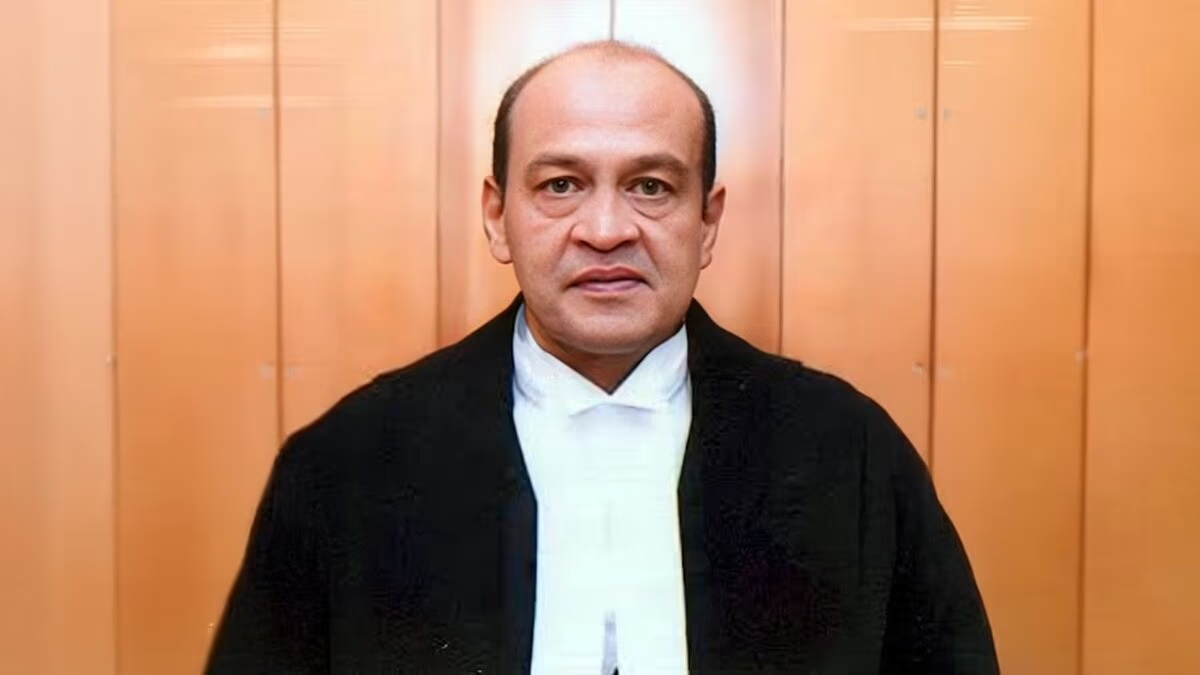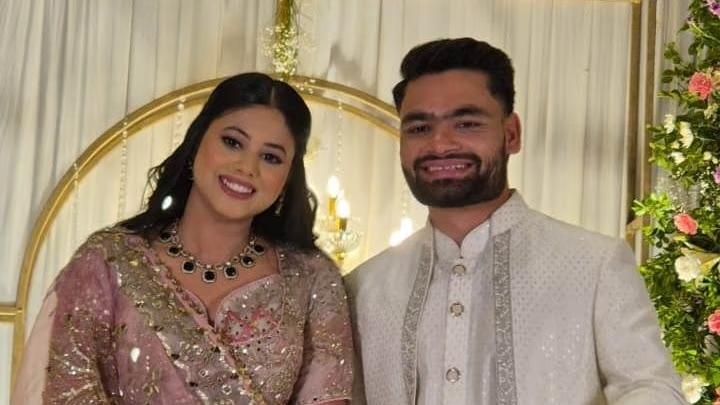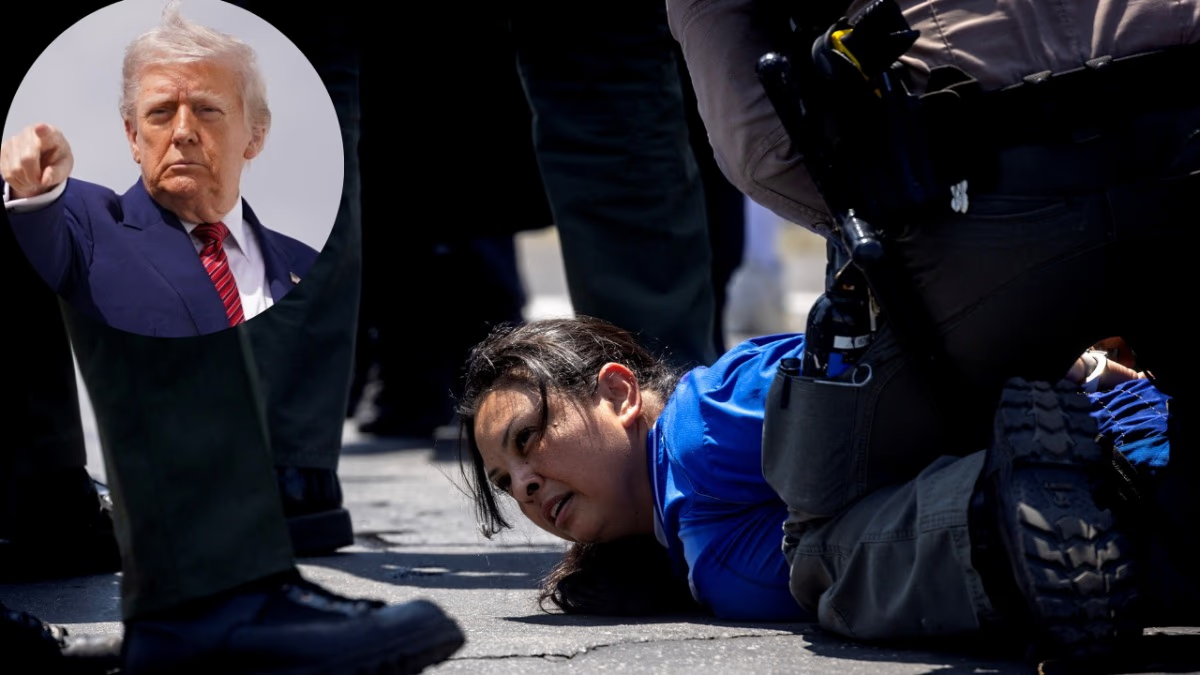Troubles may mount for Justice Yashwant Verma. The central government is planning to introduce an impeachment motion against Justice Verma in the upcoming session of Parliament and efforts to build political consensus have begun. Tuesday was a day of significant activity in the national capital. Meetings were held between Prime Minister Narendra Modi, Home Minister Amit Shah, Law Minister Arjun Ram Meghwal, and Leader of the House in the Rajya Sabha JP Nadda, with extensive deliberations. Later, discussions with Vice President Jagdeep Dhankhar also took place.
Indeed, Justice Yashwant Verma's case drew attention on March 14, 2025, when a fire occurred at his government residence in Delhi, revealing several sacks filled with cash, some of which had burnt. On March 22, then-CJI Sanjiv Khanna established a three-member committee for investigation. This committee included Chief Justices Shil Nagu of Punjab and Haryana High Court, G.S. Sandhavalia of Himachal Pradesh High Court, and Justice Anu Shivraman of Karnataka High Court. Based on the investigation report, the then-CJI wrote to the President and the Prime Minister.
A Day of Hustle in Delhi on Tuesday
Subsequently, discussions intensified on the preparation of bringing an impeachment motion. On Tuesday, Home Minister Amit Shah first met with Law Minister Arjun Ram Meghwal for a detailed conversation. Following this, Shah had a special meeting with Prime Minister Narendra Modi. By evening, reports emerged that an impeachment motion against Judge Yashwant Verma would be presented in the next parliamentary session. During this time, BJP President JP Nadda also met with Amit Shah; Nadda is also the Leader of the House in the Rajya Sabha. Later, both leaders met Rajya Sabha Chairman Jagdeep Dhankhar as well.
Kiren Rijiju Gets Active
According to government sources, Parliamentary Affairs Minister Kiren Rijiju has also begun discussions with leaders of various political parties to garner bipartisan support for the proposal. This action comes in the wake of a report by the Supreme Court-established three-member inquiry committee, which raised questions regarding Judge Verma's conduct.
The Committee Submitted Its Report on May 4
After a 43-day investigation, the committee submitted its report to the CJI on May 4. However, the official details have not been made public yet. Prior to this, the Delhi High Court, on March 24, withdrew all judicial work from Justice Verma. Subsequently, he was transferred to his original cadre at Allahabad High Court, where no judicial work was assigned to him. Justice Verma completely rejected the allegations, calling it a conspiracy, and claimed ignorance of the cash.
The CJI Sent a Letter to the President and PM...
Meanwhile, the CJI sent his report to the President and Prime Minister, attaching the May 3 report of the three-member committee and Justice Verma's letter/response of May 6. It is believed that the CJI has recommended impeachment against Justice Verma, which is a process for removing members of higher judiciary from office.
First Advice to Resign, Then Recommended Impeachment
As per protocol, a judge facing allegations is first advised to resign. If the advice is not heeded, a recommendation for impeachment is made to the President and Prime Minister. Government sources indicate that as this matter is before Parliament, both the executive and Parliament will decide on Justice Verma's impeachment. If the government wishes, it can initiate impeachment proceedings against Justice Verma, which is a constitutional procedure.
Sources indicate that Parliament's monsoon session is expected to commence in the third week of July. The proposal must be brought to both the Lok Sabha and Rajya Sabha and requires support from two-thirds of members of both houses for passage.
When Will the Proposal Be Accepted?
The proposal can only be accepted by the Chairman after at least 50 members in the Rajya Sabha and 100 members in the Lok Sabha sign it. It is typically presented by the Law Minister. This time, the government will also seek support from opposition parties to convey a strong and united message against alleged corruption in the judiciary.
The impeachment proposal is first introduced in one house, and after being passed there, it is presented in the other. Only twice before have such proposals been brought in Parliament. The first was in 1993 against Supreme Court Judge V. Ramaswami, which failed due to insufficient support. The second was in 2011 against Calcutta High Court Judge Soumitra Sen, which was passed in the Rajya Sabha, but he resigned before it could proceed further.
In the last parliamentary session, the opposition vocally demanded action in Yashwant Verma's case, but the government awaited the Supreme Court's report before taking any step.




